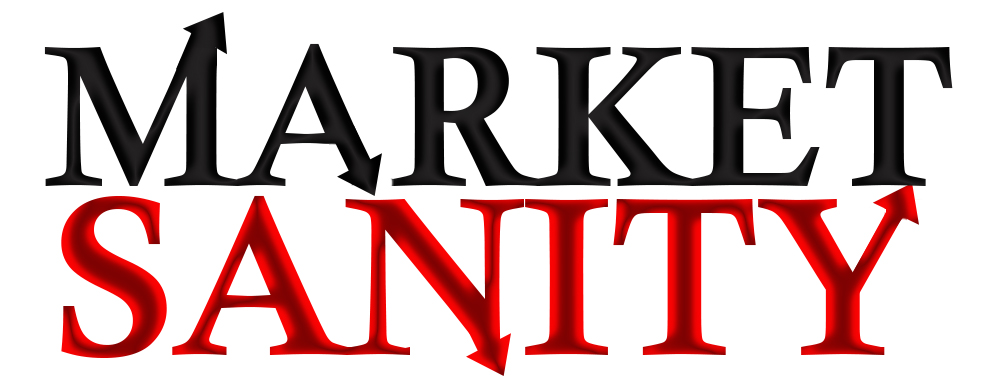Palisade Radio, Released on 8/19/20
Time Stamp References:
1:05 – Comparing liquidity events.
3:55 – Money velocity and the economy.
7:00 – Assessing the stock market.
11:15 – Custom indexes they use.
16:30 – Interest rates and NIRP/ZIRP.
19:00 – Fed to peg at Zero and getting yield.
21:05 – Timing and price targets.
David Rosenberg returns to discuss the current economic environment and how flattened yield curves are promoting liquidity issues. Credit supply has been contracting, and the velocity of money is also declining. If money velocity stabilizes were going to get a lot more inflation, and perhaps that is what gold is trying to signal.
David discusses various custom indexes they have created for finding value in today’s market. The Fed is not going to allow interest rates to rise, and that’s why long-bonds are still somewhat attractive. He feels the next one to two years will see gold rise to around $3500. Their Gold and bond basket has done well for them this year.
Real interest rates are heading negative and adjusted for inflation; we are already negative across the yield curve. The Fed plans on keeping rates low for the next three years. Money velocity will eventually come back and, along with it inflation. He expects the Fed to weaken interest rates further and expect further weakness with the US Dollar.
David Rosenberg is the chief economist & strategist of Rosenberg Research & Associates, an economic consulting firm he established in January 2020. He received both a Bachelor of Arts and Masters of Arts degree in economics from the University of Toronto. Prior to starting his firm, he was Gluskin Sheff’s chief economist & strategist. Mr. Rosenberg was also chief North American economist at Bank of America Merrill Lynch in New York and prior thereto, he was a senior economist at BMO Nesbitt Burns and Bank of Nova Scotia. Mr. Rosenberg previously ranked first in economics in the Brendan Wood International Survey for Canada for seven straight years, was on the US Institutional Investor All American All Star Team for four years, and was ranked second overall in the 2008 survey.


